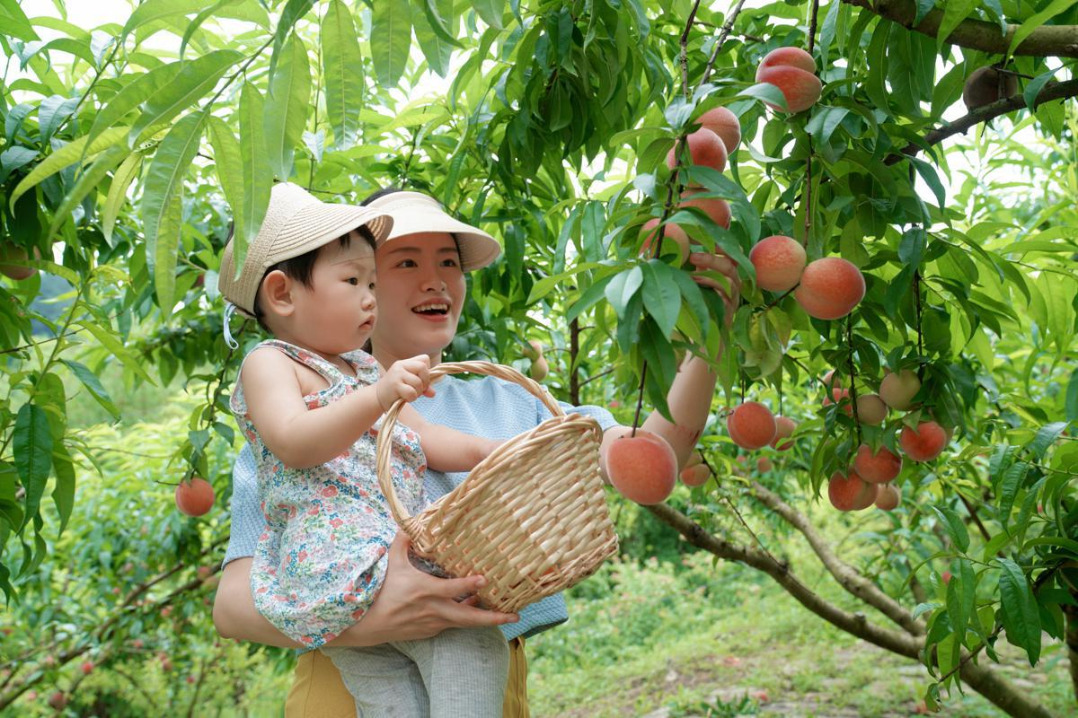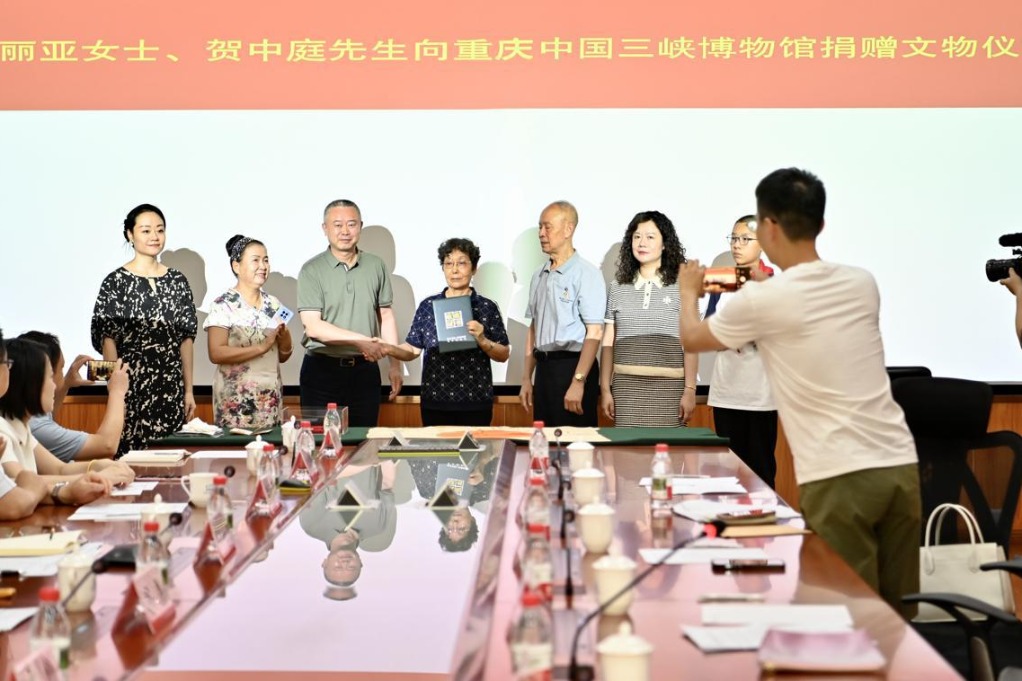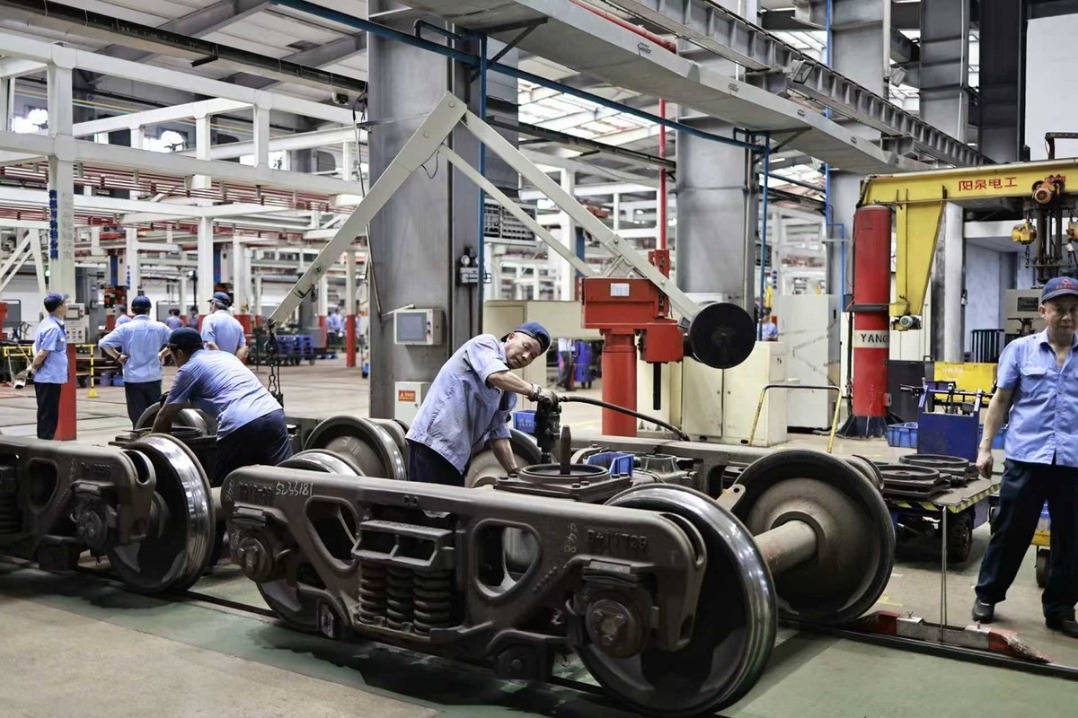Program pushes rotation of crops

About 130,000 hectares of farmland in China was left fallow last year in a pilot program designed to reverse ecological degradation in some rural areas and promote sustainable development of agriculture, the Ministry of Agriculture said on Friday.
In addition, the crops on another 670,000 hectares of farmland were rotated to improve farmland fertility and reduce the use of chemical fertilizers, Zeng Yande, chief for the ministry's department for plant supervision, said at a news conference.
The amount of land to be left fallow or rotated will keep increasing for the next few years and is expected to exceed 3.33 million hectares by the end of 2020, he said.
Through promoting crop rotation, the stock of crops in greater surplus, such as corn, has been decreased, while the supply of soybean, a major agricultural import, has been increased, he said.
China started the pilot program in 2016 in an effort to reduce the intensity of farming and ease worsening pollution caused by agricultural production.
Last year, the pilot covered nine provinces and autonomous regions, Zeng said.
Fan Kejun, vice-inspector at the Ministry of Finance's Agriculture Department, said that last year 2.56 billion yuan ($404 million) in subsidies was provided to farmers covered by the program. This year, the subsidies and the land covered by the program are expected to double.
"We must respect the wishes of farmers and not force them to leave their farmland fallow or rotate their crops," said Zeng from the Ministry of Agriculture. "We must provide compensation to farmers to ensure their income will not be reduced due to the program.
Major areas where the pilot program has been carried out include areas that are polluted by heavy metals or seriously ecologically degraded, and places that suffer severe underground water shortages, Zeng said.
The program resulted in the reduction of 4 billion kilograms of grains last year, accounting for just 0.6 percent of China's grain output, he said.
"Such a loss will not affect China's food security," he said. "The program can contribute to sustainable development of agriculture and increase potential grain output for the future."
China's annual grain output has remained at more than 600 billion kg every year over the past five years, resulting in adequate stock over the past several years, according to the Ministry of Agriculture.
wangxiaodong@chinadaily.com.cn
- Nursery rooms help fathers take part in parenting duties with more ease
- Typhoon Kajiki brings heavy rain in Hainan
- Spokeswoman: Separatism doomed to fail
- Asia's longest tyrannosaur femur fossil identified in East China
- Railway group expresses condolences and vows probe after accident kills 12
- Media center for victory anniversary events to open on Aug 27





































